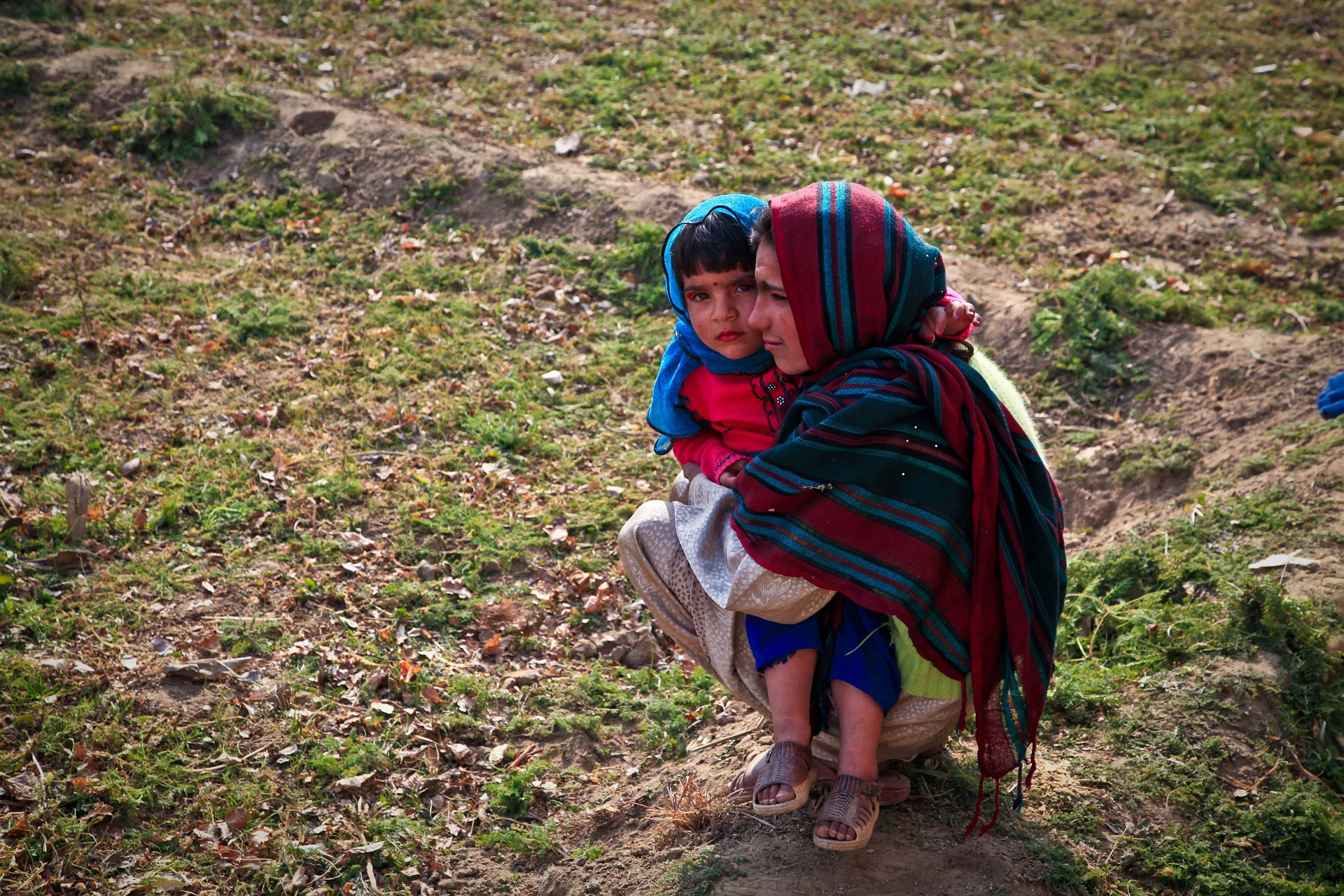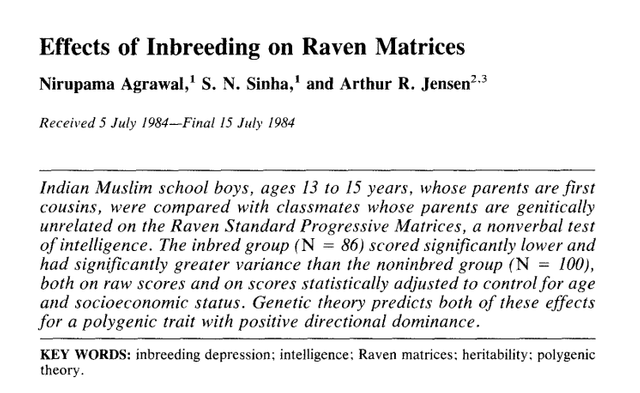Inbreeding in Islam: Over 70% Of Muslims Are The Product of Incest

It should not be alarming that the respectability of the Islamic ethical system has been severely questioned in both the far past and contemporary times. According to an article in the Journal of Child Sexual Abuse, until a few years ago the practice of murdering women to preserve family honor enjoyed almost total legitimacy within Palestine, one of the most homogeneously Muslim societies in the world. With this consideration, alongside the alarming rise of Islamic terrorism in Europe centered around Germany, and the radicalization of European converts to the Muslim faith, Islam can be rightly held under intense scrutiny by the public eye.
A Danish news outlet titled Jyllands-Posten released information in 2009 concerning the astonishing rate of stillbirths, physical deformities, and various mental diseases caused by the ever-imminent incest-filled landscape in the Muslim world, concluding that Pakistani, Turkish and Somali women are twice as likely to experience complications during childbirth. Nearly 70% of Pakistanis are the product of inbreeding in Islam, mostly due to the Muslim tradition of marrying cousins via choice or arrangement. BBC also released a study, revealing that approximately 55% of Pakistani immigrants in Britain were married to a first cousin and that Pakistani-British were “at least 13 times likely to than the general population to have children with recessive genetic disorders.”
So, with the cold hard statistics before our eyes and the somewhat shocking information regarding the prominence of inbreeding in Islam, we must ask, What gives? Why is incest such an integrated characteristic of Islam?
According to Bengali ex-Muslim essayist Abul Kaseem, the product of rampant phenomena of inbreeding in Islam is due to several things, but two stick out in particular: 1) interpretations of the Qu’ran which permits a Muslim man to marry and have intercourse with his daughter born out of wedlock (usually 8 or 9 years old), and 2) the popular and widely accepted practice of cousin-marriage initiated by the Prophet Muhammed himself, who infamously had relations with his cousins outside of marriage (Tirmidhi 5.3214).
Regarding the first point, the Qu’ranic passage that is traditionally interpreted to permit the marriage of first cousins is found in the following excerpt:
“Prohibited to you (For marriage) are:- Your mothers, daughters, sisters; father’s sisters, Mother’s sisters; brother’s daughters, sister’s daughters; foster-mothers (Who gave you suck), foster-sisters; your wives’ mothers; your step-daughters under your guardianship, born of your wives to whom ye have gone in,- no prohibition if ye have not gone in;- (Those who have been) wives of your sons proceeding from your loins; and two sisters in wedlock at one and the same time, except for what is past; for Allah is Oft-forgiving, Most Merciful,” (Surah An-Nisa 4:23)
The term “daughters” in the above text may initially appear that Islam prohibits fathers marrying their offspring; however, a closer inspection of the Arabic word used in this context denotes a purely judicial definition, meaning that Muslim fathers are allowed to marry their daughters, provided that the latter have been born illegitimately. Kaseem provides in-depth examples regarding the many routes that Muslim men can undergo to marry their prepubescent daughters here.
Regarding the second point, it should be noted that first cousins are nowhere mentioned among the listed family members that are considered off-limits in the above passage. Muhammed himself married his father’s sister’s daughter, a woman named Zaynab bint Jahsh, who had also been divorced from Muhammed’s adopted son, Zayd ibn Haritha. It is clear that there is no recognition of relational boundaries when it comes to incest within Islam.
A study was conducted in the 1960s that concluded that only 0.2% of all Roman Catholics in the United States were married to first cousins, which is an astronomically small statistics compared to Pakistan’s 70% and Turkey’s 25%-30%. Does inbreeding in Islam mean that Islam morally reprehensible? If one considers incest to be a moral evil, specifically due to the 100% increase in the risk of stillbirths, then this particular Muslim tradition needs to be assimilated to Western values in this ethical area.
Whether the Muslim faith is able to surrender its morally reprehensible sexual ethic has yet to be seen, and it is unlikely based on current data to assume that such resistance to Western ethical teachings will lighten anytime in the near future.
liked and followed :)
Islam is a health issue
SUBHANALLAH TOP
This is really sad. But people aren't willing to talk about this openly for the fear of being called racist.
https://arthurjensen.net/wp-content/uploads/2017/01/Effects-of-Inbreeding-on-Raven-Matrices-agrawal1984.pdf
